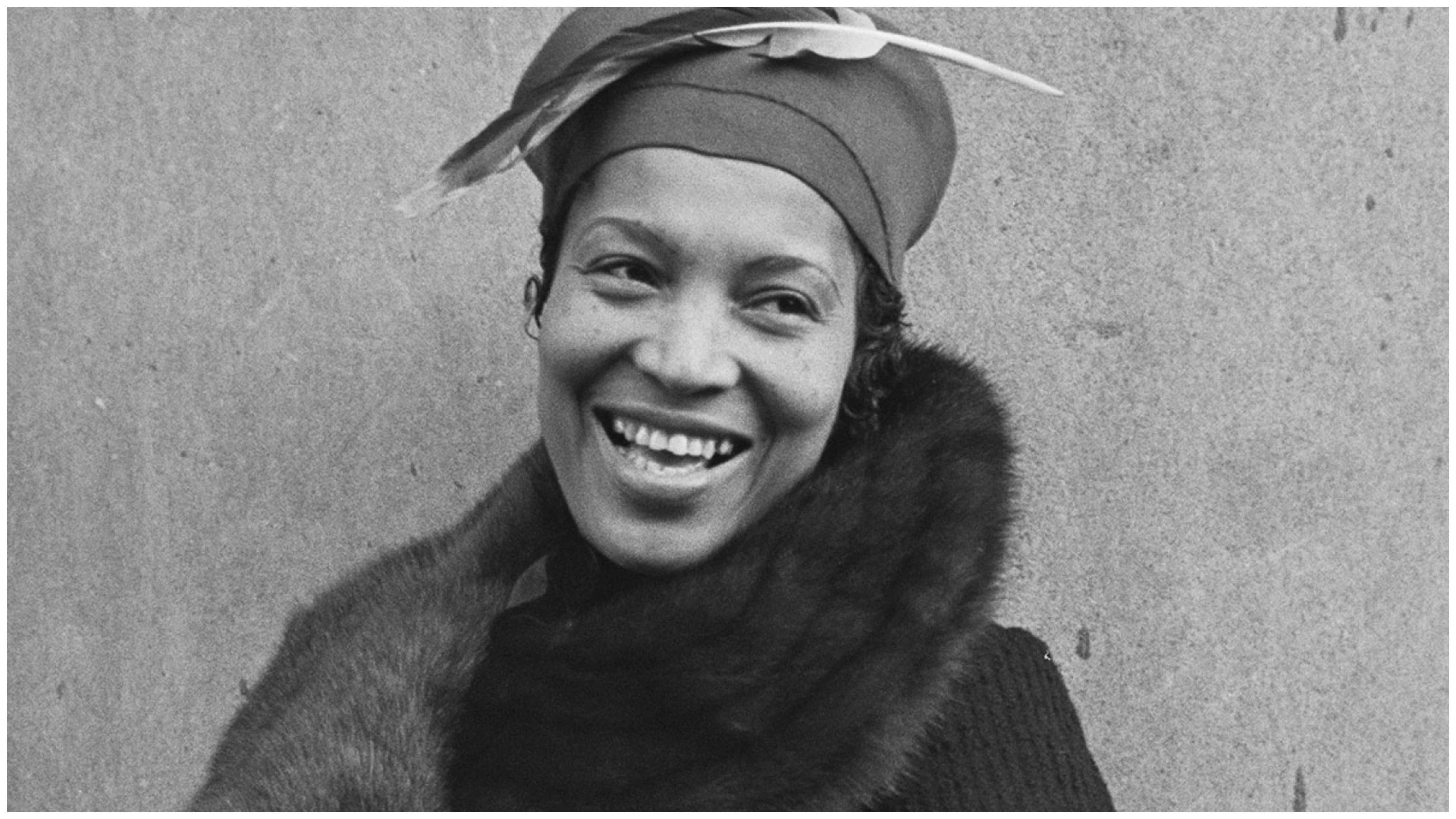Zora Neale Hurston – A Groundbreaking Writer and Ethnographer
Zora Neale Hurston was a dynamic interdisciplinary writer and ethnographer who earned acclaim during the Harlem Renaissance. Her brilliant works of fiction were marginalized from popular and academic discourses until the 1970s. Now, her pioneering contributions to anthropology and folklore are championed by 21st-century anthropologists of the African diaspora.
Hurston was born on January 7, 1891, in Notasulga, Alabama, though she claimed her childhood home of Eatonville, Florida as her birthplace.
Eatonville inspired her masterful command of African American folklore and served as an important field site for her anthropological work.
Early Literary Successes and Anthropological Fieldwork
Hurston’s first publications were works of fiction, not anthropology. She began accumulating literary successes while studying at Howard University. After transferring to Barnard College and training with famed anthropologist Franz Boas, Hurston became Barnard’s first black graduate in 1928.
With support from white patrons, Hurston traveled the Southern U.S. and Caribbean documenting cultural and religious traditions. As she wrote in her study Mules and Men, “I had to have the spy-glass of Anthropology to look through at that.”
Blending Fiction and Ethnography
Inventive across numerous genres, Hurston’s genius was her ability to capture rural Black voices to advance the field of anthropology, while using ethnography to enrich her fiction. She fearlessly celebrated Black culture in her writing.
Posthumous Recognition and Lasting Influence
Though Hurston’s politics sometimes alienated her from contemporary Black activists, her pioneering contributions have cemented her as a foremother of Black anthropology.
Upon her death in 1960, she was buried in an unmarked grave. In 1975, Alice Walker published an essay honoring Hurston’s work and marking her gravesite, reviving interest that established Hurston’s place in the literary canon.
Though not yet canonized in anthropology, Hurston’s oeuvre demonstrates early innovations across native anthropology, autoethnography, and African diaspora studies. Her work has also deeply impacted generations of feminist and Black anthropologists.





